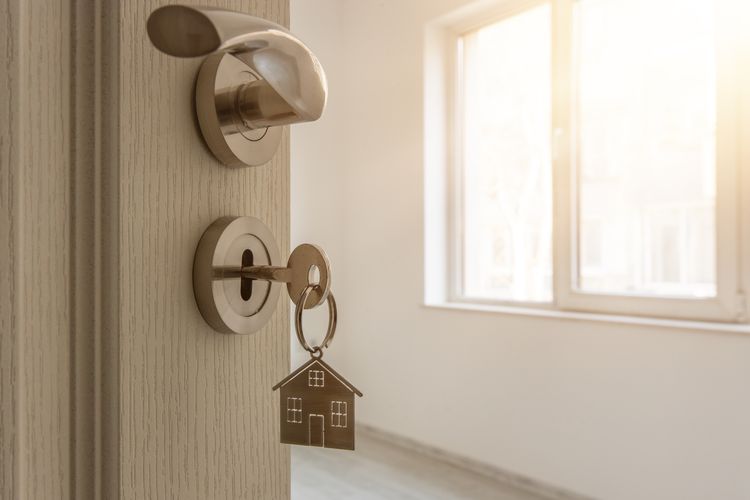Mortgage Lenders Are Finally Loosening Up Their Standards Slightly
COVID-19 spread to pandemic levels in early 2020. The pandemic began weakening the economy and causing stock market losses. In response, federal regulators urged banks to ensure those affected by the virus were getting the funding they needed.
Regulators understood that the virus spread meant banks, like so many businesses, were suffering staffing concerns. But they wanted to make sure money got to people who needed it with minimum hassle.
Despite that urging, most larger banks tightened their lending standards instead. The reasons they cited for this contrary position related to regulatory burden increases and inadequacies of working capital.

Mortgages Aren’t Easy To Come By
As job losses and business shutdowns increased, the mortgage lending standards of good credit and job stability became harder to meet. Banks began requiring borrowers to provide a 20% down payment—and a credit score of 680 or more—to get a loan. They also lowered credit limits—the maximum amount they would extend to borrowers. Banks felt the outlook of economic recovery was uncertain, which increased their lending risks.
How To Get A Loan
Borrowers with less-than-stellar credit scores and low down payment funds faced greater lender scrutiny to ensure loan repayment. Business owners found borrowing money more challenging than ever.
However, things are beginning to turn around with an upward drift in credit accessibility. Historically low mortgage rates have led to increases in real estate purchases and loan refinancing. Consequentially, these increases have prompted mortgage lenders to begin loosening standards to obtain loans.
But the high numbers before the pandemic have not yet recovered. Post-pandemic lows are more in line with the numbers seen in 2014. The recent uptick is encouraging, but the economy is still recovering.
The first steps to obtaining a mortgage or refinance a home must be preceded by ensuring the borrower has a good credit score and down payment. Free credit score examination is available for those who are unsure if their numbers will meet the bank’s standard.

Other Loan Options
If your credit isn’t spotless, but you’re in the market for a home, consider getting a low-interest consolidation loan to pay off your debts. If you don’t qualify for that type of loan yet, start paying off credit card debt, with particular focus on the ones that are past due and those with the highest APR. Once you pay down the debts, start saving for a down payment in a savings account with a high APY rate that will earn interest for you with minimal effort.
Prospective borrowers should also look into the increasingly available government-insured mortgages (or government-backed loans).

VA Loans
Backed by the Department of Veteran Affairs, VA loans are one of the most popular government-backed loans. Qualified borrowers are military personnel, veterans, and particular military spouses that meet the eligibility requisites. VA loan benefits include no down payment, lower than conventional loan interest rates, no prepayment penalties, reduced funding fees, and no monthly mortgage insurance premiums.
FHA Loan
Another popular type of government-insured loan for those who don’t qualify for standard mortgage loans is the FHA loan, backed by the Federal Housing Administration. First-time home buyers find these loans more reasonable for the lower down payments required and more lenient credit guidelines. Fixed loans for 15 or 30 years require down payments as low as 3.5% and a credit score equal to or greater than 580. Unique to FHA loans is the Streamline Refinance option, where refinancing the loan requires no credit check, income verification, or property appraisal. And sellers who are motivated to sell can contribute gift funds, covering closing or other associated costs without jeopardizing the loan.
Even in these more difficult times, homeownership may be easier to achieve than you think. But these historically low mortgage rates won’t last forever.
